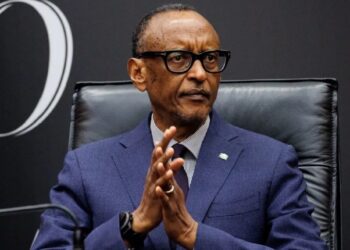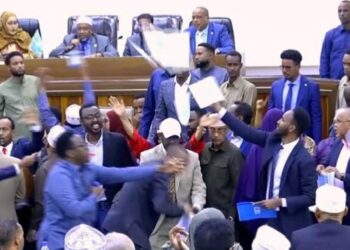By Ebi Kesiena
The high cost of air travel within West Africa has come under sharp criticism from the ECOWAS Parliament, with stakeholders warning that the prohibitive fares are stalling regional integration and economic growth.
Speaking at the opening of a Delocalised Meeting of the ECOWAS Parliament’s Joint Committee on Infrastructure, Energy and Mines, Agriculture, Environment, and Natural Resources, held in Lomé, Togo, the Speaker of the ECOWAS Parliament, Mémounatou Ibrahima, emphasised the need to tackle soaring airline ticket prices across the subregion.
The theme of the five-day event, “Air Transport as a Means of Integration for West African Peoples: A Strategy for Reducing Airline Ticket Costs,” reflects the urgent need to enhance affordable connectivity among ECOWAS member states.
According to Ibrahima, the lack of accessible air transport undermines the Free Movement Protocol and the broader vision of an ECOWAS of the People, adding that air transport is a vital tool for regional economic development and integration.
She attributed the exorbitant airfares to multiple taxes and charges levied at airports across the region, which inflate ticket prices and discourage cross-border travel.
“We must recognise that air transport is not a luxury but an essential lever for economic development and sub-regional integration. If we are serious about deepening integration and promoting intra-African trade, we must address these barriers head-on,” she said.
The Speaker called on her parliamentary colleagues to develop strong and actionable recommendations that would serve as a roadmap for policymakers and institutions in the region to create a harmonised and cost-effective air transport framework.
Also speaking at the event, ECOWAS Commissioner for Infrastructure, Energy and Digitalisation, Sédiko Douka, described West Africa’s airfares as the highest in the world.
He said the ECOWAS Authority of Heads of State and Government had already mandated the Commission to coordinate air transport policy harmonisation across the region.
Douka noted that ECOWAS had set 1 January 2026 as the effective date for implementing key community policies, allowing a 15-month preparatory period for member states to align their national frameworks.
Furthermore, the Vice President of the Togolese National Assembly, Dzereke Yao, echoed these sentiments, stressing the urgency of addressing the air transport challenge. He said that prohibitive costs were weakening economic and social ties between citizens of member states.
He called for practical outcomes from the deliberations, noting, “The outcome of this meeting should go beyond discussions. We must act to reconnect our people and unlock our economic potential.”



































